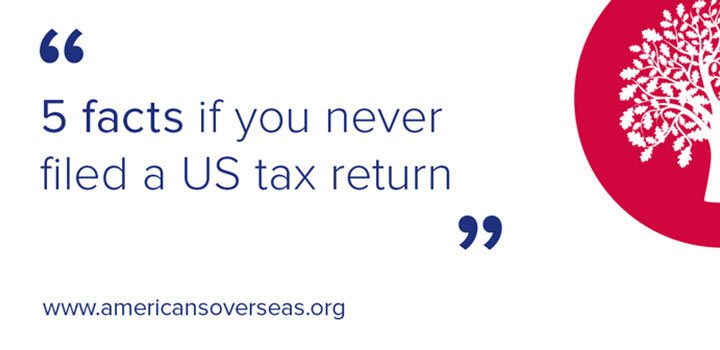
The Telegraaf: Thousands of Dutch Citizens Struggle Under U.S. Tax Law

Summary
A group of Dutch citizens with American roots appeared in court this week to challenge the Dutch Tax Authority. They oppose the automatic transfer of their personal data to the U.S. Internal Revenue Service (IRS) via FATCA, arguing that it violates European privacy laws. A ruling is expected in six weeks.
According to Dutch daily De Telegraaf, a growing number of Dutch citizens have been burdened for years by the far-reaching arm of the American tax system. Their connection to the U.S.—often no more than a place of birth or an American parent—has made it difficult for them to open bank accounts, apply for mortgages, or access basic financial services. The impact is severe: frozen accounts, high costs, and years of legal uncertainty. “I just want my life back,” one of the plaintiffs stated in the Arnhem courtroom.
Who are ‘Accidental Americans’?
Accidental Americans are individuals who—often unknowingly—hold U.S. citizenship. This may be because they were born in the U.S. or have an American parent. Many have lived in the Netherlands for decades and have no real ties to the United States. Nevertheless, the IRS considers them fully taxable and expects them to file annual U.S. tax returns, regardless of where they live or work.
Citizen-Based Taxation and FATCA
The root of the issue lies in the U.S. tax system known as citizen-based taxation. Unlike most countries, the U.S. taxes based on citizenship rather than residency. Under the Foreign Account Tax Compliance Act (FATCA), Dutch banks are required to report financial data on U.S. citizens to the Dutch Tax Authority, which then forwards it to the IRS.
Serious consequences for thousands of Dutch citizens
This system has led to major problems for thousands of Dutch citizens with American ties. Banks may block accounts or deny services to customers who cannot provide a U.S. Tax Identification Number (TIN). Obtaining a TIN often requires hiring expensive U.S. tax professionals. The Dutch bank Volksbank has previously been reprimanded by a judge for closing such accounts without notice.
An expensive way out: renouncing U.S. citizenship
Rob Gerretsen, chairman of the Association for Accidental Americans, explains that renouncing U.S. citizenship is “easier said than done.” The process involves a $2,350 consular fee, plus the cost of filing five years’ worth of U.S. tax returns—often requiring professional help that adds thousands of euros to the total. For many, this route is financially out of reach.
Court Case: “We want our data back”
In the Netherlands—and in other countries—Accidental Americans have been fighting for years against what they see as an unjust tax treaty between the U.S. and their country of residence. “We’ve tried everything,” says Gerretsen. “The Consumer Association, the Data Protection Authority, the National Ombudsman… nothing has worked.”
The court case in Arnhem once again highlighted the emotional toll, from chronic stress to sleepless nights.
The plaintiffs argue that the automatic transfer of their personal data to the IRS violates European privacy laws. And they believe that stopping the data transfer would also force banks to stop excluding them from financial services.
The Dutch Tax Authority, on the other hand, maintains that it is simply following the law as currently written. A verdict is expected in six weeks.
Get informed at Americans Overseas
We, the founders of Americans Overseas, were born in the Netherlands and obtained our American nationality through our (American) mother.
When we heard about the US tax system for the first time around 2013, we were in total disbelief (it can’t be true!), anger (how can they do this?), fear (am I going to get fined or pick up other problems?), and panic (what should I do?). It is (unfortunately) true that there is an additional American tax levy. But there’s no information from the local government, and when approached, the consulate referred us to the IRS, and the IRS was impenetrable.
That’s why we started this initiative to help people from all over the world by providing proper information about the US tax system to avoid unnecessary panic and offering help free of obligation and free of charge. If needed, we have a network of affordable professionals (accountants) who can help you with your American tax obligations.
Contact us for more information
Source: De Telegraaf






